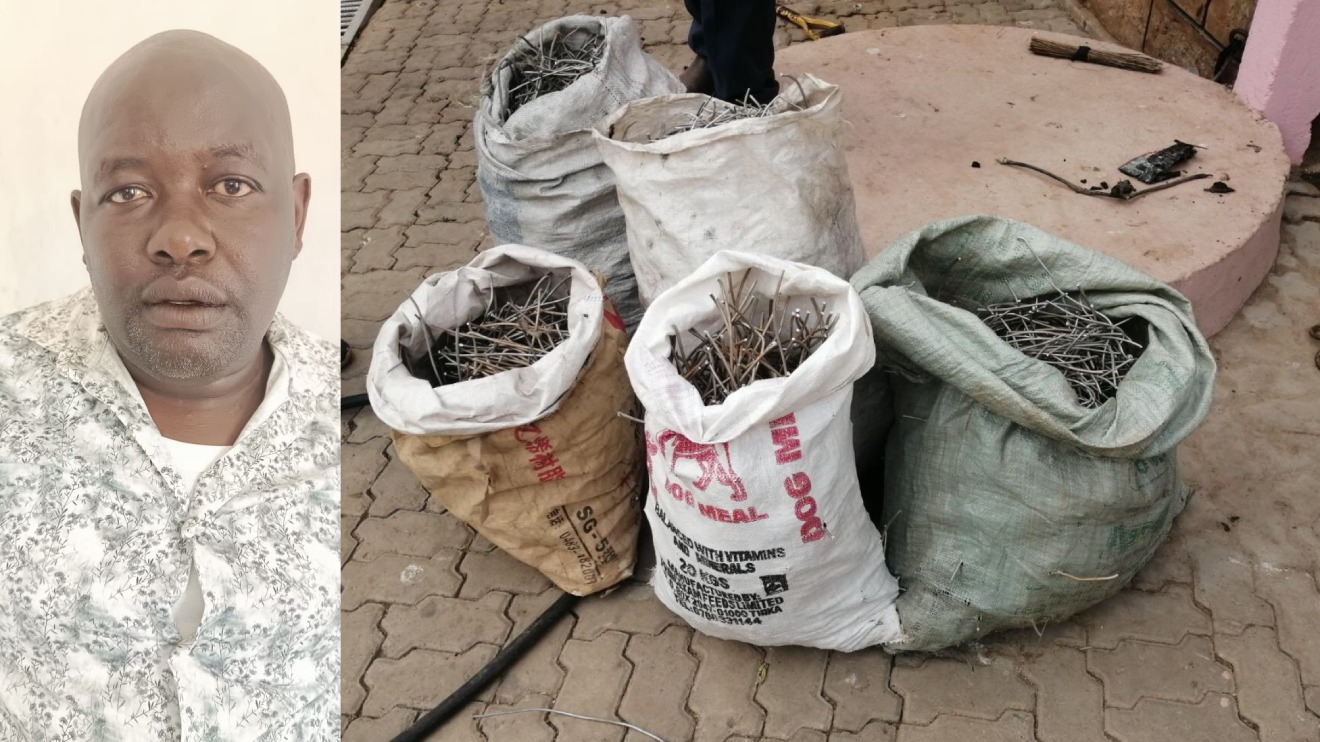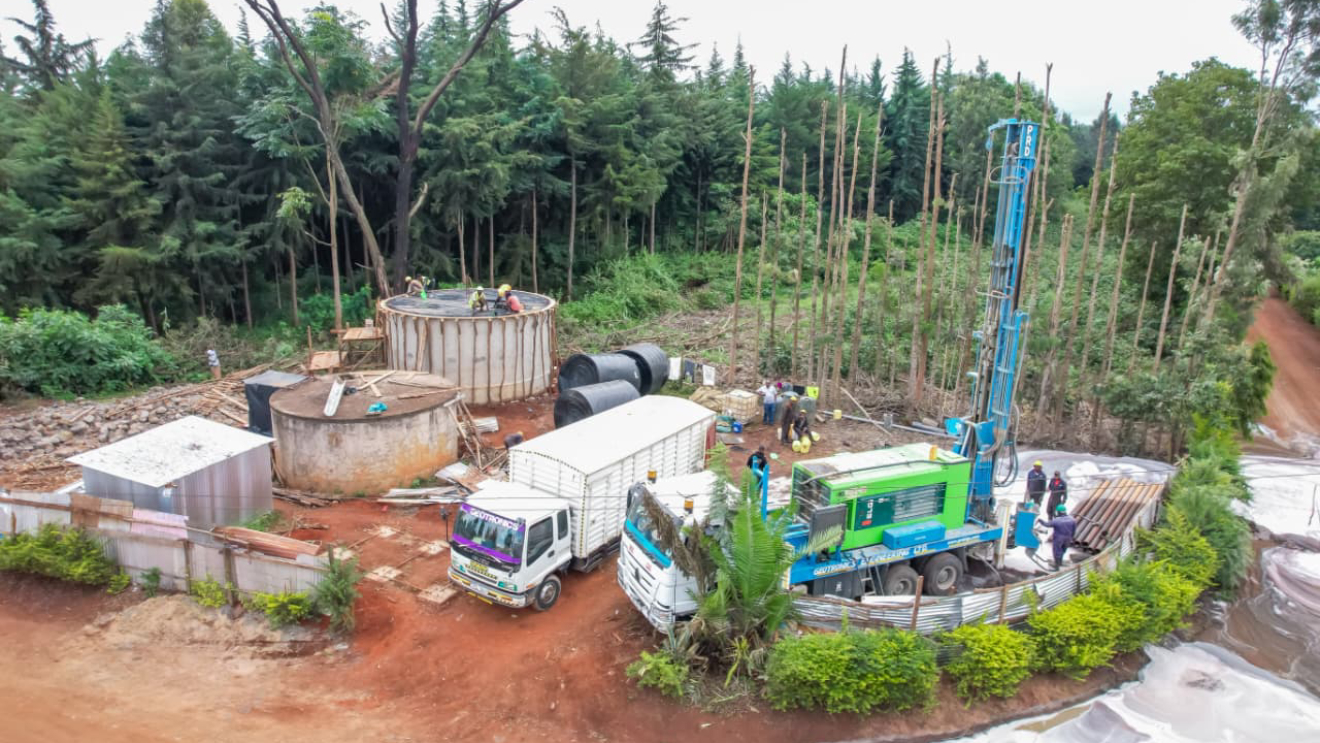In a sweeping operation conducted by officers from the Crime Research & Intelligence Bureau in collaboration with investigators from the Kenya Power & Lighting Company (KPLC), a significant breakthrough has been made in the fight against electricity infrastructure vandalism.
The joint effort led to the arrest of one Josphat Mutuku, also known as "Mrefu," a notorious suspect believed to be the leader of a sophisticated syndicate responsible for the vandalization of electricity transformers, cables, and other vital infrastructure.
The syndicate's actions have been causing substantial financial losses to the government and electricity consumers.
The operation, which culminated in a raid on a lavish residence in Mutonguni, Machakos County, resulted in the recovery of five sacks filled with vandalized aluminium wires.
The arrest of Mutuku is seen as a major stride towards dismantling the intricate web of criminals responsible for crippling power distribution across the country.
Read More
KPLC revealed that incidents of vandalism have surged alarmingly, resulting in over 220 reported cases between January and June of this year alone.
The affected counties, namely Nairobi, Kiambu, Machakos, and Nakuru, accounted for more than half of the reported incidents.
The consequences of these acts of vandalism have translated into frequent power outages, inflicting millions of shillings in losses on both the government and affected consumers.
Authorities uncovered a disturbing pattern in these acts of sabotage.
Collaborating closely with crooked former employees of KPLC, a network of third-party agents was identified.
This network intentionally sabotaged transformers and other key components, triggering blackouts.
The agents, posing as Kenya Power officials, then demanded fees to reconnect power to the affected residents.
This deceitful scheme was executed by removing fuses from transformers right after KPLC emergency teams had left the sites, prolonging the suffering of consumers.
The seriousness of the situation led the government to impose a moratorium on scrap metal trading.
Investigations revealed that this trade played a pivotal role in fueling the rampant vandalism of critical national infrastructure, specifically targeting materials necessary for electricity connection, road construction, and railway development.
These actions were tantamount to economic sabotage and posed a serious threat to the nation's stability.
To combat this pervasive issue, a dedicated team of officers from the Directorate has been working in close coordination with KPLC investigators.
Their mission is to uproot this criminal enterprise once and for all.
This recent success in apprehending Mutuku, the alleged kingpin of the syndicate, shows a positive step forward in safeguarding Kenya's vital electricity infrastructure and ensuring uninterrupted power supply for its citizens.
As authorities continue to unravel the intricate network of criminals and collaborators, it is hoped that their efforts will put an end to the wave of vandalism that has plagued the nation's power distribution system, bringing relief to millions of consumers and restoring a sense of security and stability to the affected areas.












